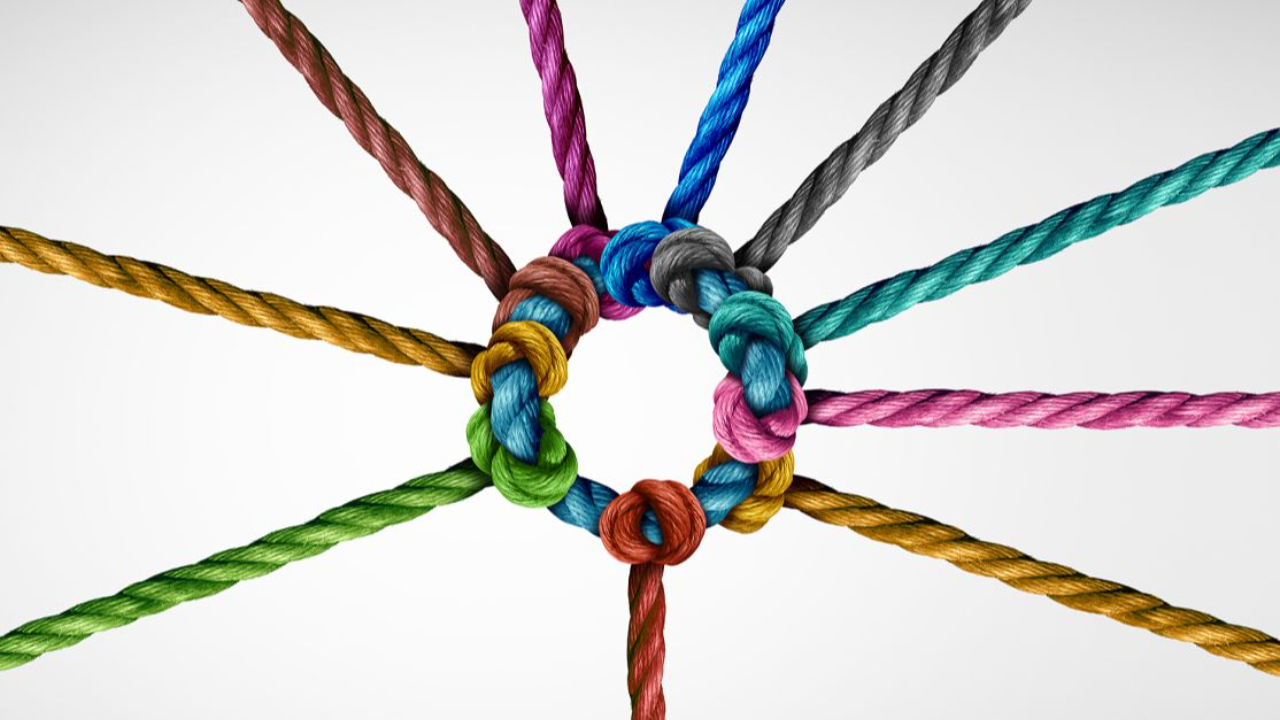Building a Strategic Network: Diversity = Value

Building networks of trust is one of the key pillars of Future Proof. I’m particularly interested in how it is changing as the pandemic shifted things to virtual or distributed work and as blockchain reformulates the way we organize work (I wrote an article on DAOs here if you’re curious).
Here are three key aspects of building a strategic network of trust that we talk about in our Future Proof Course: results, channels, and audience.
Results:
Results don’t have to be transactional. These results may include building a network for a future job in a specific industry, convening a collective to address a particular issue, or networking with individuals who can provide learning opportunities. The results can help narrow the efforts and prevent becoming overwhelmed.
For example, after a decade living in Hong Kong and working with UK headquartered Financial Times, I realized I didn’t have many American colleagues or friends. I joined the American Chamber in Hong Kong with an eye to a long term goal of building out my network with people who had business ties to the US.
Channels:
The second key aspect of building a strategic network of trust is identifying the most effective channels to reach the desired audience. Channels can be visual, text-based, in-person, mass, or niche-based. Channels should be selected based on the desired results, the audience being targeted, the best way to tell the story, and the individual's comfort with the channel.
This ranges from social media to hosting cocktail parties like party pal Nick Gray to speaking at conferences in order to let people come to you as my friend Dorie Clark has written about.
Audience:
The third key aspect of building a strategic network of trust is identifying the audience of people you want to provide with value, be it content (written, speaking, roundtables), work, board contribution or projects or just people who you can learn from, have fun with and who give you energy. The audience may include individuals within the industry, influencers, or customers. What can you offer to the audience and what can you ask in return?
When I asked Ayse Birsel and Beth Polish to do a Future Proof Masterclass for us, I wasn’t sure what I could possibly have to offer one of Fast Company’s 100 Most Creative People (certainly not my creativity skills!). However, our network of Asia-first innovative senior leaders focussed on future proofing work and life were the perfect people to prototype their new Design the Life You Love online journey. Get creative about who you can partner with to create value.
And what about building trust in an era of deep fakes and AI? We asked Stanley, our AI co-pilot at Future Proof what he feels about building networks of trust and he had this to say:
Building a network of trust requires establishing and nurturing relationships that are based on mutual trust and respect. Some strategies for building trust include being transparent and honest in communications, following through on commitments, listening actively to others, and offering value to the network.
Trust-building strategies:
Transparency and Honesty: Open and honest communication is essential for building trust. When communicating with your network, be transparent about your intentions, goals, and expectations. If you make a mistake or have to change your plans, be honest and upfront about it. Honesty and transparency demonstrate your integrity, which is key to building trust.
Follow-through: It's important to follow through on your commitments if you want to build trust. When you promise to do something for someone in your network, make sure you follow through on your word. If you can't meet a deadline or need to reschedule a meeting, communicate proactively and respectfully.
Active Listening: Active listening is a critical skill for building trust. Listen to others with an open mind and without judgment. Active listening helps you understand others' needs, goals, and perspectives, and demonstrates that you value their input.
Offering Value: One of the best ways to build trust is by offering value to your network. This could mean sharing your knowledge and expertise, providing useful resources or connections, or supporting your network in other ways. When you offer value, you demonstrate your commitment to helping others succeed, which builds trust and loyalty.
Consistency: Finally, consistency is key to building trust. It means showing up consistently, following through on commitments, and being reliable. When you're consistent, you build a track record of trustworthiness that others can rely on. Consistency also demonstrates your commitment to the relationship, which is essential for building trust over time.
But heck, who can trust Stanley! (still, he has some good points)
What truly diverse networks are you a part of and how do those benefit you? Share this blog.

